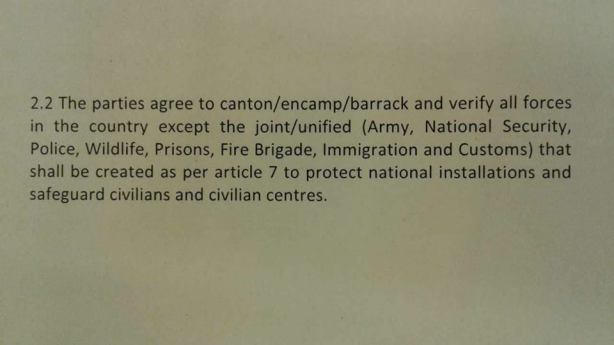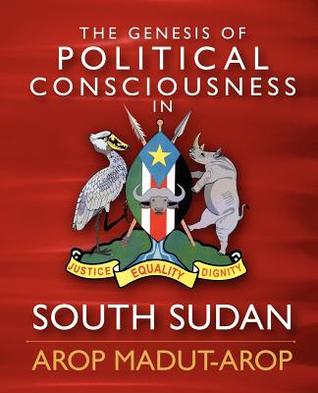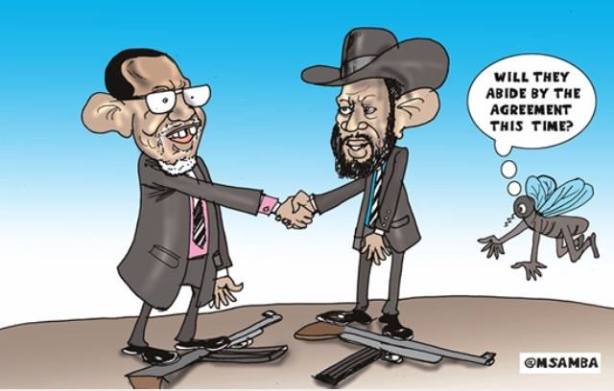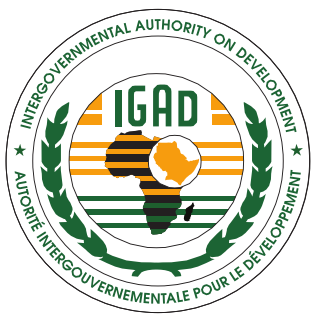Chances for a peaceful resolution of the conflict in South Sudan falters at the HLRF in Addis Ababa as warring parties struggle to save faces amid crushing Deadlock and tight deadline
By Emmanuel Ariech Deng, Addis Ababa, Ethiopia

Emmanuel Ariech Deng is the PaanLuel Wel Media (PW) correspondent covering the HLRF of the 2015 peace process in Addis Ababa, Ethiopia.
Monday, May 21, 2018 (PW) — Chances for a timely conclusion and peacefully resolution of the raging conflict in South Sudan are faltering in Addis Ababa, Ethiopia, as the final day of the IGAD-led High Level Revitalization Forum (HLRF) of the 2015 Agreement on the Resolution of Conflict in the Republic of South Sudan (ARCSS) is marked by a crushing deadlock, characterized by partisan blame gaming and political haggling among the warring parties.
As of this evening, IGAD, the East African regional bloc that has been mediating the peace process since December 2013, has pushed HLRF until tomorrow, giving more time for the secretariat to complete its work on the report of South Sudan Council of Churches in conclusion of its consultation process that has been going on for five days in the United Nations Economic Commission for Africa building in the heart of Addis Ababa city.
The negotiation file is still with the Church Group until tomorrow to bring the parties to the plenary consensus. There are reports that the IGAD council of ministers will take over the decision to adjourn or extend the talks by tomorrow. The media was lately informed today in the evening to convene tomorrow at nine for a detailed report.
Speaking during the press briefing this evening, Hon. Michael Makwei Lueth, the government spokesperson, had this to say: “Yes, this morning the intra-South Sudanese dialogue continued with its task and yesterday, the two sub-committees of governance and security had presented their reports to the leadership committee.” (more…)












